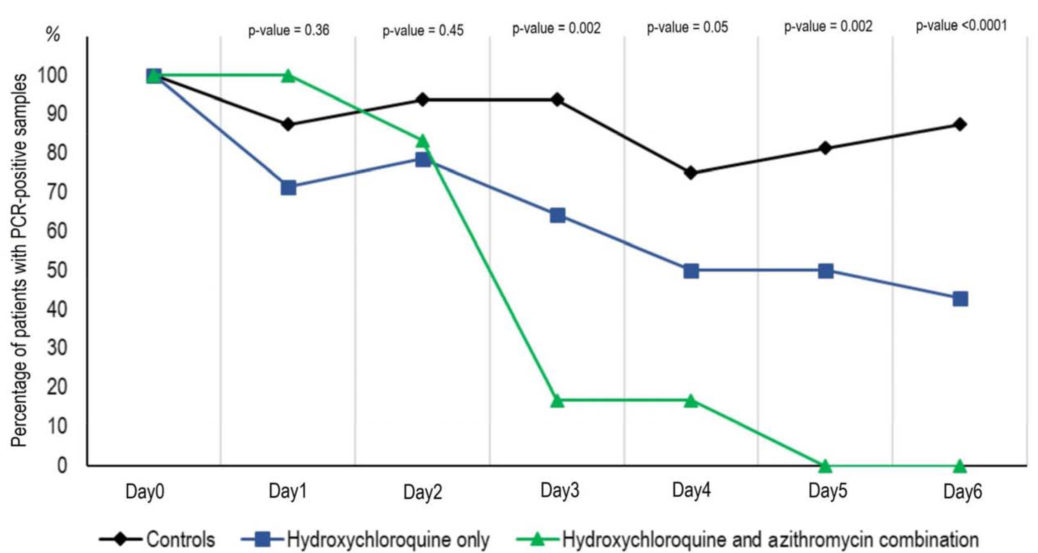And what are their pre-existing conditions? And since when does hospitalization = death?
Also, Japan, Taiwan, South Korea, etc. didn't need to shut down the country.... and have had little death.
I suppose you should blame the United States government, and those in charge of it, for failure to lead then. But more directly to your point, at least in Taiwan and South Korea, the measures they took early on, thanks to a top-notch pandemic response infrastructure, allowed them to stop the spread before it got out of control. Japan is less clear, but might have been a mix of luck and preparedness, though I'm not quite sure.
I mean in some sense you're comparing apples to oranges in terms of what is necessary.
If a person gets a cut, perhaps all they need to do is wash it thoroughly and they'll be fine.
On the other hand, if they let it sit for too long and it becomes infected, they might need a more aggressive treatment. One could imagine needing to carve out tissue and stitch up the wound.
Let it alone longer still, and maybe they'll need to amputate.
Even longer, and sepsis has set in. Death is imminent.
Moving on from the analogy, there are also fundamental differences in cultures. Italy was hit so hard in part because of how social they are. Their elderly congregate and socialize much like our young (sometimes even moreso). I don't think its a coincidence that some Asian cultures have fared better. After all, it is common for them to wear masks and take other protective measures as a matter of course.
Just curious, what line of work are you in? I'd like to give myself some context for your
interesting​ viewpoint. For full disclosure, I'm an actuary who specializes in health and welfare benefits.
In other news:
Two Republican senators sold shares before market tumble








